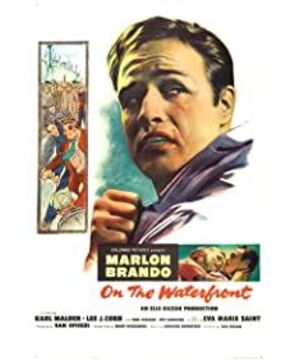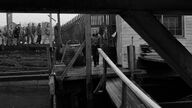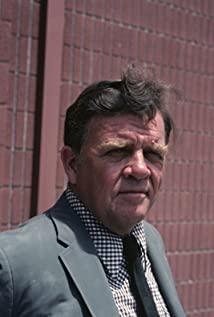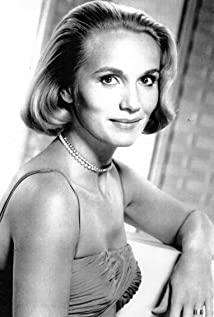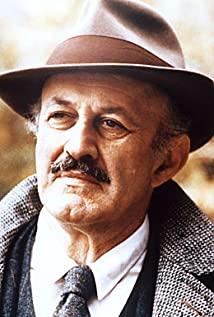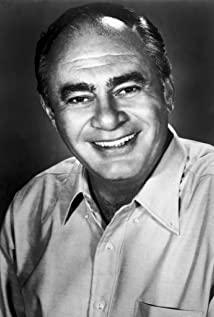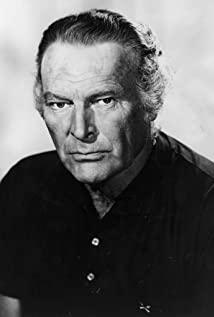One is in the back seat of the famous taxi (Martin Scorsese directly quoted this paragraph in "Angry Bull") As Martin Scorsese said in the CC video footage interview, Kazan "The Wharf" is to American movies what Robert Rossellini's "Rome, the Unfortified City" is to Italian movies. Compared with the popular "film noir" at the time, the moral speculation contained in the story itself seems to have an additional layer of discussion on group values. "Film Noir" tends to focus on the protagonist's individual moral choice dilemma, while "Dock Wind" radiates individual confusion. The success of the union against the black forces should not be attributed solely to the protagonist’s single-handed effort, but to rely on the collective awakening of the dock workers and joint resistance. "The Wharf" is generally regarded as Kazan's work in defense of himself. Between 1938 and 1975, the U.S. House of Representatives established an investigation committee, the Anti-American Activities Committee, to conduct anti-communist investigations. Shortly before the filming of the film, Kazan had just testified before the committee, accusing several colleagues who were implicated in the Communist Party. "Informer" is a moral burden that Kazan could not remove in his life. In "The Dock Storm", he deliberately used the role of Terry to clarify that he was only temporarily deceived and used by the "gang". In the movie, a union boss said, "You betrayed us, Terry," and Terry replied, "I am standing here now. For so many years, I have been deceiving myself without knowing it." Here, Terry became an "informer" and he was also excluded, but soon he became a symbol of moral awakening. At the end of the film, even though Terry fell in a contest with Johnny, the unity of the workers was exchanged. They finally had the courage to say "no" to the union. Although Kazan tried to defend his whistleblowing behavior in "The Wharf", we still found that his defense was contradictory. The righteous forces in "The Docklands" are the working class, and the evil forces are the bourgeoisie who are greedy for profit. As a representative of the left-wing front, Kazan could not say goodbye to his past so easily. Therefore, "Story of the Dock" is contradictory to Kazan, and we can still see this contradiction in his later works such as "Dream of the Dragon" and "America, America". Much of the power of "Dock Storm" comes from its "aggressiveness." The film was shot on the ground in New York. The winter was extremely cold that year. In the film, we could clearly see the white breath of the characters when they spoke. In the film, a large number of extras were also played by real dockers. Kazan tried to use the "truth" to attack the "hypocrisy". This was his counterattack in the face of the accusation of the whistleblower. It is not the main reason to defend himself.
View more about On the Waterfront reviews


